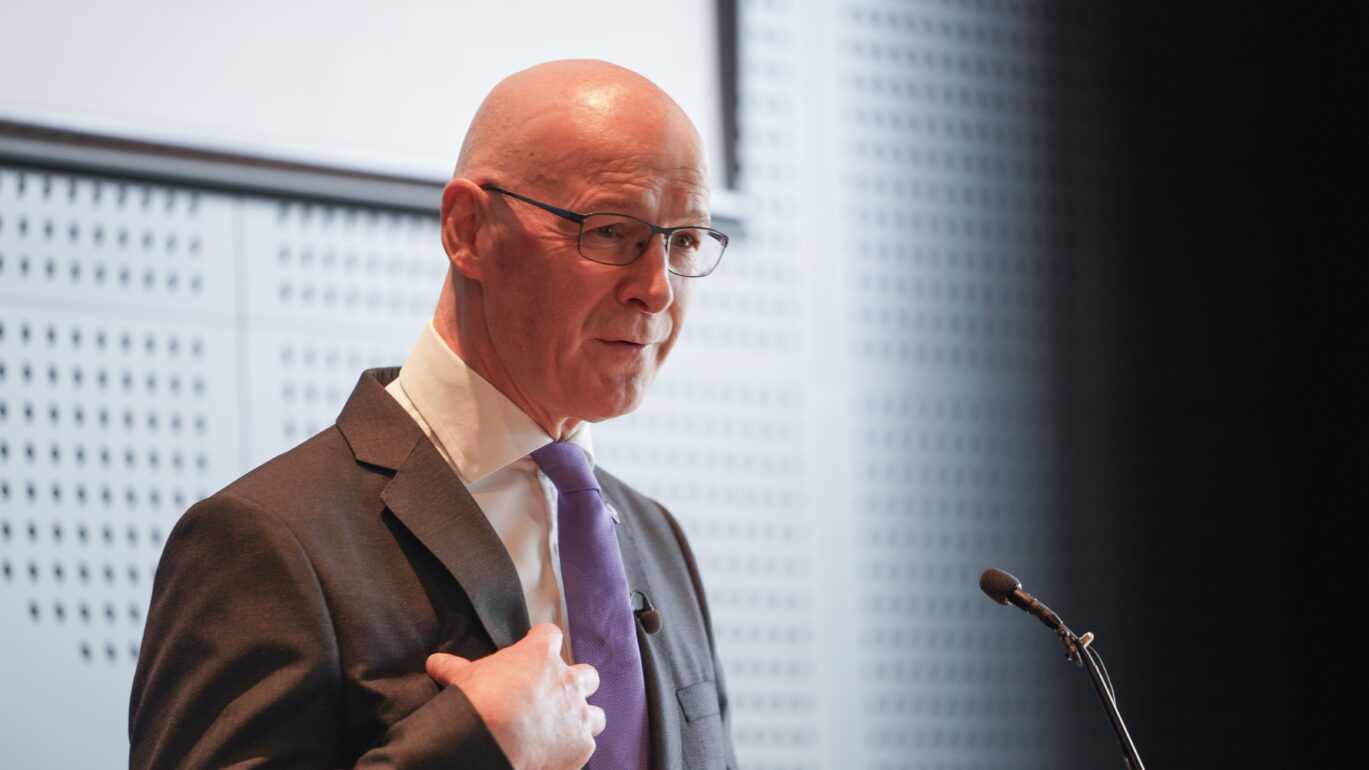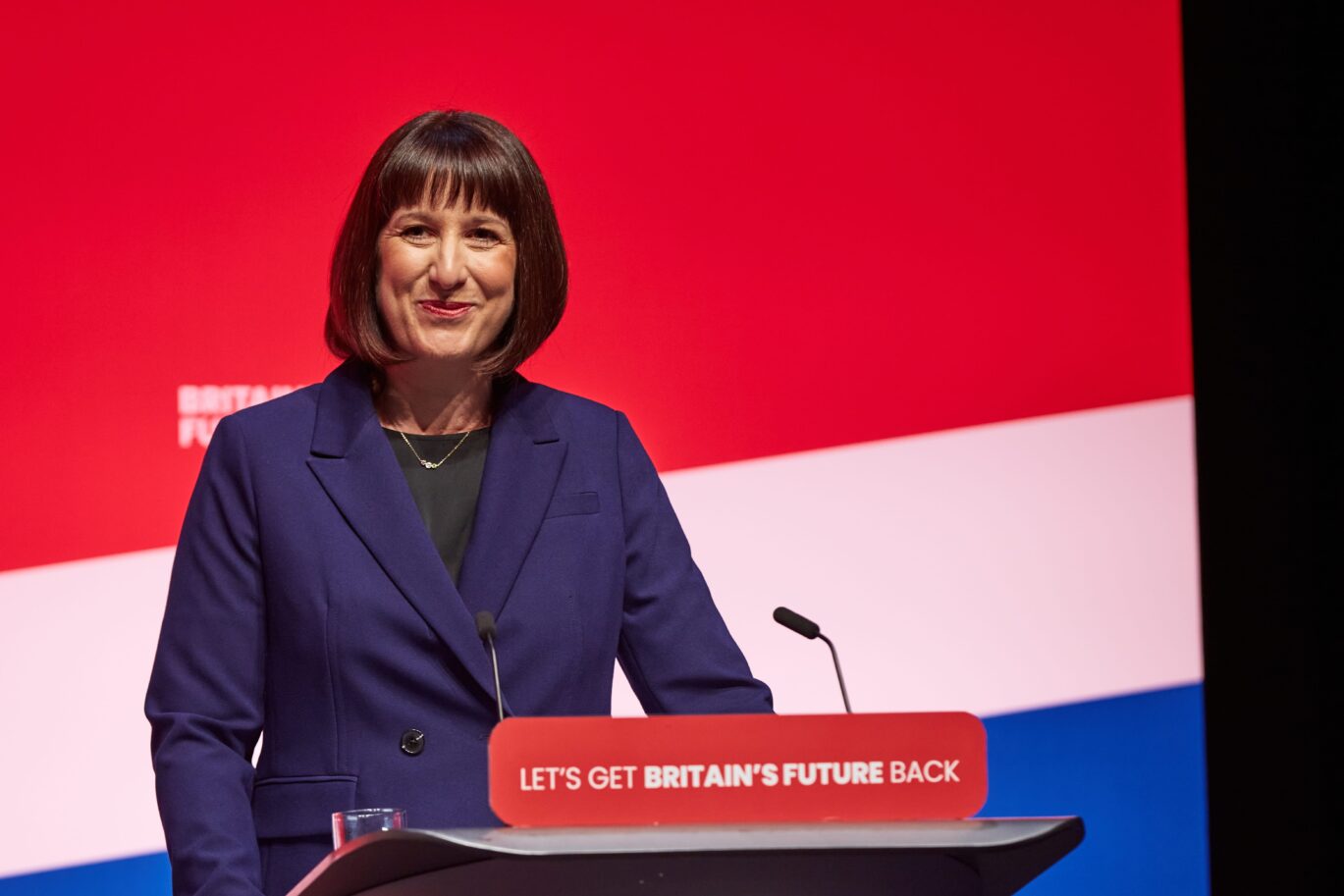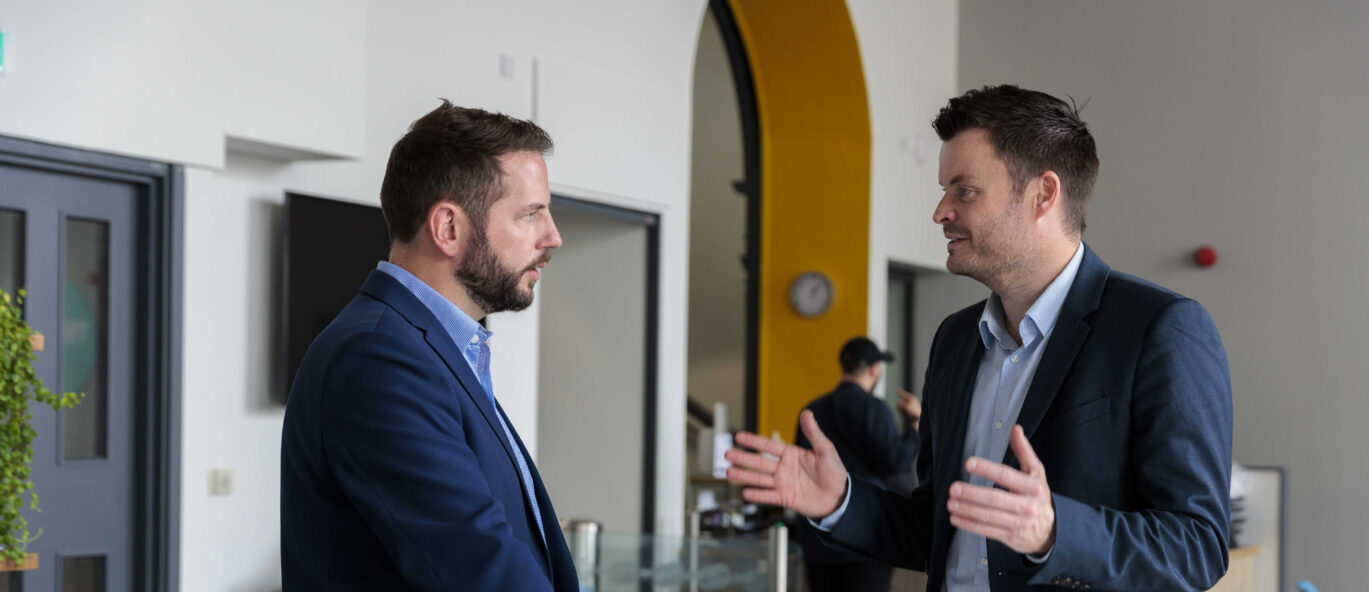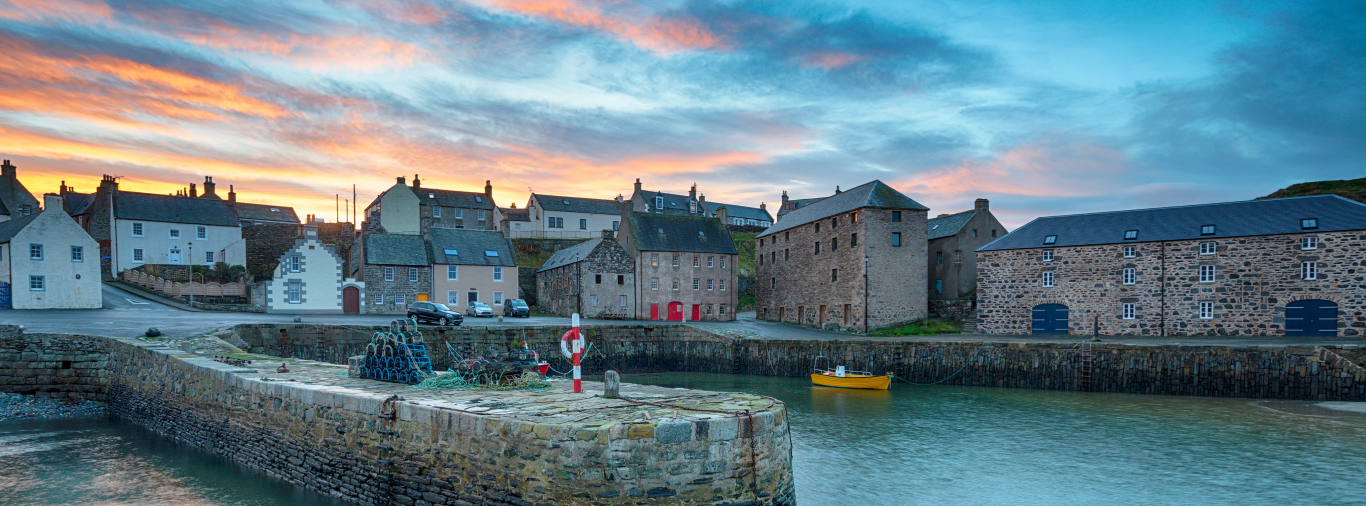It was a very sore night for the SNP. As seat after seat was swept away by an incoming Labour tide, party insiders had to face the possibility that they might be left with fewer seats on Friday than predicted by even the most pessimistic opinion poll.
In the end, the SNP went from 48 seats to just nine (with one still to declare as of writing). Labour, by contrast, have been toasting an historic victory in Scotland that surpassed its own expectations.
In the cold light of day, the SNP needs to take stock and acknowledge a few home truths.
John Swinney and Kate Forbes have adopted a humble and conciliatory tone. They are both smart people and they know full well that the swing to Labour was less about anti-Tory tactical voting, as some have tried to claim, and more about a significant fall in SNP support.
Labour’s surge in Scotland – which wasn’t really replicated across the UK, although the first-past-the-post system delivered a dramatic increase in seats – was not simply about ditching a Tory government past its sell-by-date.
It was about delivering a verdict on the SNP’s own recent record in office, which in the last few years has been overshadowed by controversies and policy mishaps that have eroded their previous reputation for competent government, and made them look out of touch with voters’ concerns.
The support of pro-independence voters has become more conditional, possibly because they are weary of the SNP’s reluctance to articulate a fresh and compelling case for independence in a rapidly changing post-Brexit world.
Most party leaders who sustain electoral losses on the scale inflicted on the SNP this week have to consider their position. But John Swinney’s leadership is safe for now.
The SNP has had two leadership elections in just over a year and can’t afford another one. Swinney also remains the most stabilising figure available as the party regroups ahead of the next electoral clash, the Holyrood elections in 2026.
Before then, they need to do some honest soul searching, make a concerted effort to listen to the electorate, and try to repair recent reputational damage by governing well. It will be a significant challenge.
But there are challenges for Labour too. They need not to be complacent or imagine that things will now go back to a pre-2014 status quo in which they find themselves as the natural party of government in Scotland. Those days are over.
As the party that finally delivered devolution through the referendum of 1997, Labour were, for well over a decade, its chief custodians. They have an opportunity now to reclaim that legacy by doing their part to cultivate a better working relationship between the UK and Scottish Governments, one that delivers more for individuals and communities, and which encourages the economic growth that is in everyone’s interests.
It would be naïve in the extreme to think that parties will bury their rivalries or ignore areas of deep-seated policy difference, but if the SNP and Labour can coalesce around those areas where they do have some degree of common interest, the winners will be the people of Scotland, and our democracy will only be strengthened.
Labour will have its sights set on Holyrood in 2026, buoyed by their decisive victory this week, but they will also need to come up with the goods, making a real difference to people’s lives, and fast, if they want to build on that success.










